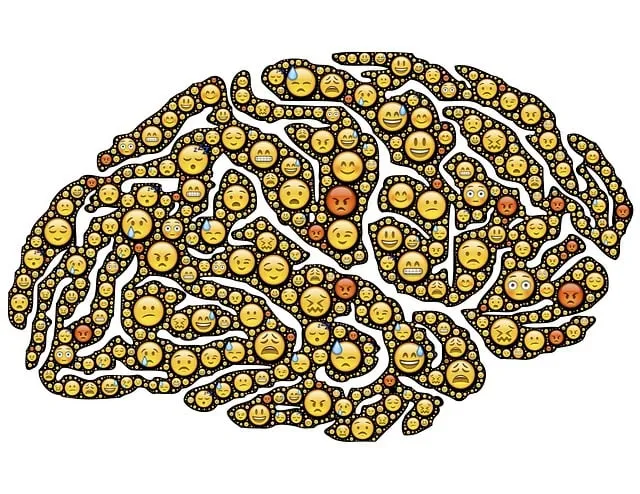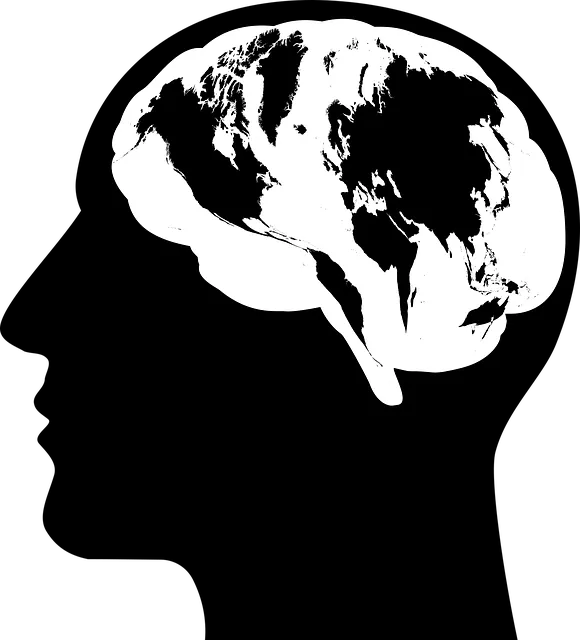In today's fast-paced world, the demand for accessible mental wellness solutions has surged, making the Centennial Kaiser Permanente psychiatry phone number a vital resource. Mental wellness apps cater to this need by providing personalized support, education, and tools tailored to individual needs, often at a lower cost than traditional therapy. These apps integrate Crisis Intervention Guidance and Burnout Prevention programs for early intervention and prevention. A comprehensive mental wellness app should include coping skills development modules, expert-curated educational content, mood tracking, journaling, and community features, while leveraging the Centennial Kaiser Permanente psychiatry phone number for additional support. Development involves identifying specific needs, conducting research with stakeholders like psychiatrists, incorporating cultural sensitivity, and offering a personalized, intuitive interface with regular updates based on user feedback and latest mental health research.
In today’s fast-paced world, mental wellness apps are more crucial than ever. With a focus on accessibility and convenience, these digital tools offer support beyond traditional therapy sessions. This article explores the growing importance of mental wellness app development, highlighting key features like personalized plans, mindfulness exercises, and secure communication channels. We’ll delve into the development process, offering insights from the experts at Centennial Kaiser Permanente psychiatry, ensuring successful apps that cater to the increasing demand for mental health resources.
- Understanding the Need for Mental Wellness Apps
- Key Features and Functionality to Include
- Development Process and Considerations for Success
Understanding the Need for Mental Wellness Apps

In today’s fast-paced world, mental wellness is a growing concern, leading to an increased demand for accessible and convenient solutions. This need is further highlighted by the Centennial Kaiser Permanente psychiatry phone number, which serves as a critical resource for those seeking professional help. Mental wellness apps cater to this demand by offering personalized support, education, and tools tailored to individual needs. They provide a discreet and often more affordable alternative to traditional therapy, making mental health care more inclusive.
These apps play a vital role in early intervention and prevention strategies, especially when integrated with Crisis Intervention Guidance and Burnout Prevention programs. By promoting self-care, tracking moods, and offering coping mechanisms, they empower users to take charge of their mental well-being. With the right app development, these tools can significantly contribute to improving overall mental health outcomes and fostering a sense of balance in individuals’ lives.
Key Features and Functionality to Include

When developing a mental wellness app, incorporating key features that cater to various aspects of user well-being is essential. One such feature could be integrating coping skills development modules, offering guided meditations and mindfulness exercises tailored to different stress levels and situations. These tools empower users with practical strategies to manage anxiety and promote emotional balance. Additionally, including a library of mental health education programs designed by experts in the field ensures that users have access to reliable information on topics like stress management, depression awareness, and healthy lifestyle habits.
Emotional well-being promotion techniques should also be a central focus. Implement features that encourage regular self-reflection through mood tracking and journaling, allowing individuals to identify triggers and patterns contributing to their mental health. Moreover, integrating a community aspect, such as forums or peer support groups, can foster social connection and provide users with a safe space to share experiences and gain insights from others on similar journeys. Facilitating open communication while maintaining user privacy is crucial, especially when leveraging the Centennial Kaiser Permanente psychiatry phone number for additional support resources.
Development Process and Considerations for Success

The development of a mental wellness app requires a meticulous process, from ideation to launch and beyond. It’s crucial to begin by identifying specific needs within the realm of mental healthcare, such as addressing stress management, anxiety reduction, or improving sleep patterns. Research should involve input from various stakeholders, including experienced psychiatrists like those available at the Centennial Kaiser Permanente psychiatry phone number, to ensure the app’s effectiveness and accuracy.
Cultural sensitivity in mental healthcare practice is a key consideration for success. Incorporating Empathy Building Strategies and Confidence Boosting features can enhance user engagement and satisfaction. The app should be designed with an intuitive user interface, offering personalized content tailored to individual needs. Regular updates based on user feedback and the latest research in mental health are essential to maintaining its relevance and utility.
Mental wellness apps have become essential tools in modern healthcare, offering accessible support for users’ psychological well-being. By incorporating evidence-based practices and engaging features, developers can create impactful solutions. The development process involves careful consideration of user needs, privacy, and integration with existing healthcare systems. As seen by the success of organizations like Centennial Kaiser Permanente, providing mental health resources through digital platforms not only meets the growing demand for remote care but also has the potential to reach a wider audience, improving overall mental wellness in communities.


